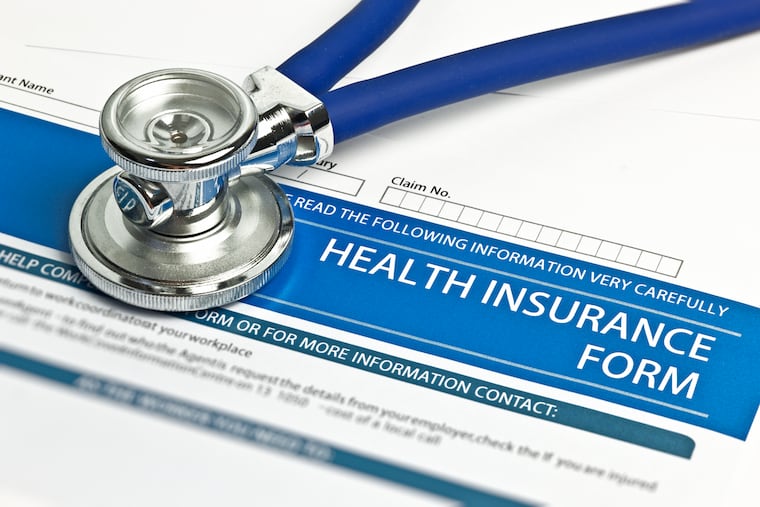For uninsured Pennsylvanians, it’s easier than ever to get affordable coverage | Opinion
There’s a special enrollment period until Aug. 15, and new financial aid to help cover the costs of signing up.

The coronavirus pandemic certainly emphasized the importance of having affordable health insurance coverage. While 29 million Americans did not have insurance prior to the pandemic, that number has increased significantly in the past year, as millions lost their jobs and employer-based care, or left the workforce to care for their families.
The problem of finding affordable health insurance is particularly challenging for adults ages 50-64, who don’t yet qualify for Medicare and are often forced to pay dramatically higher premiums. A recent analysis from AARP’s Public Policy Institute found that nearly half of adults in that age group who purchased their own health insurance in 2019 had to pay more than they could afford, based on their income. For example, a 64-year-old earning $49,000 a year may have faced a premium of 25% of their income — a price tag that would put health insurance out of reach for many.
» READ MORE: Health insurance marketplaces reopening in Pa., N.J. to help with COVID-19 relief
Fortunately, two new policy changes in Washington could help hundreds of thousands of uninsured Pennsylvanians secure health coverage at a price they can afford.
The federal government has opened a special enrollment period through Aug. 15, during which any Pennsylvania resident without insurance can purchase it through Pennie, the state’s health insurance marketplace. (As of November, Pennsylvanians who want to purchase insurance through the marketplace must use Pennie.) Perhaps even more importantly, a recent provision of the American Rescue Plan Act will give extra financial assistance to eligible Pennsylvanians purchasing health coverage through the Pennie marketplace.
Before, only people making less than four times the federal poverty level were eligible for premium subsidies. Now, everyone who purchased insurance through the Affordable Care Act marketplace is eligible, and no one will pay more than 8.5% of their total household income. With that, health insurance has become much more affordable.
That’s good news for as many as 363,000 Pennsylvanians ages 50 to 64 who could potentially be helped by this special enrollment period and expanded premium tax credits. According to our analysis, 157,975 uninsured older adults in Pennsylvania could be eligible for coverage through the Health Insurance Marketplace and may now pay as little as $0.
» READ MORE: Pennsylvania launches its own health insurance marketplace
These new financial incentives could help reduce racial and ethnic health insurance coverage disparities. While the ACA helped reduce uninsured rates nationwide, there remain significant gaps in Pennsylvania. Of adults aged 50-64, 12.2% of Hispanic/Latino adults, 8.2% of Asian adults, 9.3% Black adults, and 5.1% of white adults in Pennsylvania are currently uninsured.
We believe no American should be cut off from the opportunity to live a healthy life. AARP Pennsylvania encourages all state residents who are uninsured or struggling to afford health insurance to visit www.pennie.com for more information and to shop for affordable health insurance. The recent changes mean those who already qualify for reduced premiums may get even more help, while those who were not previously eligible may now qualify for reduced premiums.
As we continue fighting for older adults to have access to affordable health care, AARP is offering additional resources and information about the special enrollment period and new subsidies at www.aarp.org/ACA. Together, we can further help reduce disparities and address the problems of health-care costs.
Joanne Corte Grossi is state president of AARP Pennsylvania. Rawle Andrews Jr. is regional vice president of AARP. A previous version of this piece was published by the Erie Times-News.